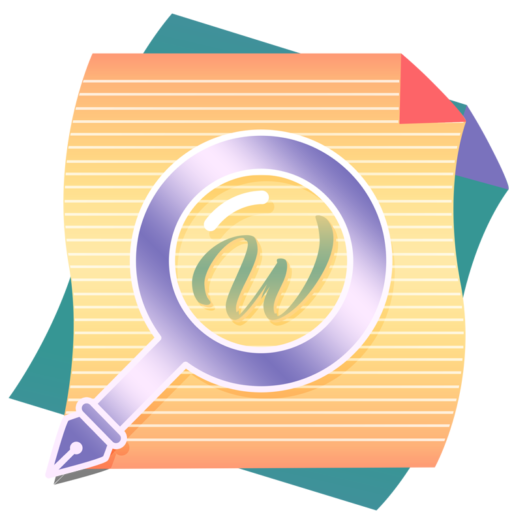A research defense is more than a formality—it’s your moment to showcase expertise, critical thinking, and the value of your work. Whether you’re defending a thesis, dissertation, or academic project, thorough preparation can turn anxiety into confidence. In this step-by-step guide, we’ll walk you through actionable strategies to excel in your defense.
Step 1: Understand the Defense Format and Expectations
Why It Matters: Knowing the rules of the game ensures you don’t miss critical details.
- Research the Structure
- Will it be a presentation followed by Q&A? A panel debate?
- How long do you have? (Aim for 10–15 minutes of presentation time.)
- Review Guidelines
- Are there formatting rules for slides? Citation styles?
- What criteria will the panel evaluate (e.g., methodology, originality, clarity)?
Pro Tip: Contact your advisor or past participants for insider insights.
Step 2: Master Your Research Inside Out
Why It Matters: Confidence starts with deep knowledge of your work.
- Revisit Key Sections:
- Ensure you can explain your research problem , methodology , results , and conclusions without hesitation.
- Anticipate Gaps:
- Identify potential weaknesses (e.g., sample size, data limitations) and prepare thoughtful responses.
- Know Your Citations:
- Be ready to justify every cited source and its relevance.
Pro Tip: If your study uses qualitative interviews, explain why this method was ideal over surveys.
Step 3: Anticipate and Prepare for Common Questions
Why It Matters: Predicting questions reduces surprises and sharpens your responses.
Common Questions to Prepare For:
- “What’s the significance of your research?”
- Answer: “This study addresses the gap in X by exploring Y, offering practical applications for Z.”
- “Why did you choose this methodology?”
- Answer: “Qualitative analysis allowed deeper insights into user behavior, which quantitative methods might miss.”
- “What are the limitations of your work?”
- Answer: “Our sample size was limited to 50 participants, but we mitigated bias through randomized selection.”
Pro Tip: Practice with peers or mentors to refine answers.
Step 4: Practice, Practice, Practice
Why It Matters: Repetition builds muscle memory for calm, articulate delivery.
- Simulate the Environment:
- Present in front of a mirror, record yourself, or host a mock defense.
- Time Yourself:
- Stick to the allotted time—trim content if needed.
- Work on Delivery:
- Focus on tone, pacing, and body language. Avoid reading slides verbatim.
Step 5: Prepare Your Presentation Materials
Why It Matters: Clear visuals amplify your message.
- Design Tips:
- Use one idea per slide.
- Prioritize charts/graphs over text-heavy slides.
- Include a title slide , agenda, key findings, and conclusion.
- Backup Plan:
- Save your presentation on a USB drive and cloud storage.
Example Slide Structure
- Introduction & Research Problem
- Methodology Overview
- Key Findings (with visuals)
- Implications & Future Work
Step 6: Plan for Logistics and Technical Setup
Why It Matters: Avoid last-minute tech glitches that derail your focus.
- Test Equipment:
- Check projectors, microphones, and internet connectivity (if virtual).
- Dress Professionally:
- Opt for business casual unless instructed otherwise.
- Bring Copies:
- Have printed handouts or digital backups of your slides and references.
Pro Tip: Arrive early to troubleshoot issues.
Step 7: Mental and Physical Preparation
Why It Matters: A calm mind performs better under pressure.
- The Night Before:
- Review notes lightly. Prioritize sleep.
- Day Of:
- Eat a balanced meal. Hydrate. Do light exercise to reduce stress.
- Mindset Shift:
- View the defense as a discussion, not an interrogation.
Own Your Expertise
Preparing for a research defense isn’t just about rehearsing answers—it’s about embracing your role as a contributor to your field. By following these seven steps, you’ll transform nervous energy into persuasive confidence, leaving a lasting impression on your panel.

Let The Writeler Co. support you in achieving academic and professional excellence! Whether you need assistance with research writing, proofreading, editing, or data analysis, our expert team is here to help.
📩 Email us today or 📲 message us on our Facebook account to get started. Let’s make your work shine!





0 Comments